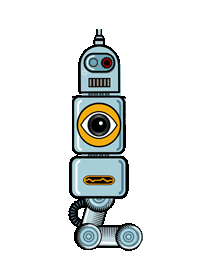Enhance your spelling by practicing with Look, Say, Cover, Write, Check.



How to use:
Look and read the word.
Say the word. Click the speaker icon.
Cover the word.
Write the word.
Check your spelling.
In this list, we will look at how different suffixes change the meaning of the base word help. Suffixes are letters or groups of letters added to the end of a word that create new words with different meanings. For example, when we add -s to make helps, it means someone who provides assistance.
Next, we have helping, which describes the act of giving support or assistance. The word helped refers to someone who has received help, such as an injured hiker being helped to safety. Additionally, we see helper, which refers to a person who assists others.
We can also describe qualities related to help. For instance, helpful describes someone who likes to offer support, while helpless refers to a person who feels unable to help themselves. Other suffixes like helpfully and helpfulness express how help is given and its quality. Finally, helplessness describes the feeling of being unable to help, highlighting the emotional side of this word family. By looking at these examples, you can see how suffixes add to our vocabulary and make communication clearer.
This word list was created by Spellzone. View more Spellzone course lists or curriculum word lists.
Learn more in Unit 9. Suffixes: why we need to double letters, change them, or drop 'e'
"Thank goodness for Spellzone during this remote learning phase. The site is easy for students to navigate independently and they're really enjoying the activities and spelling games. You get an awful lot for your money with Spellzone. Really reassuring is the very prompt response with helpdesk queries. I've very rarely needed the helpdesk, but when I have, the issue has been addressed and sorted within a very short time."
Sarah Taggart, Oasis Academy Lord's Hill